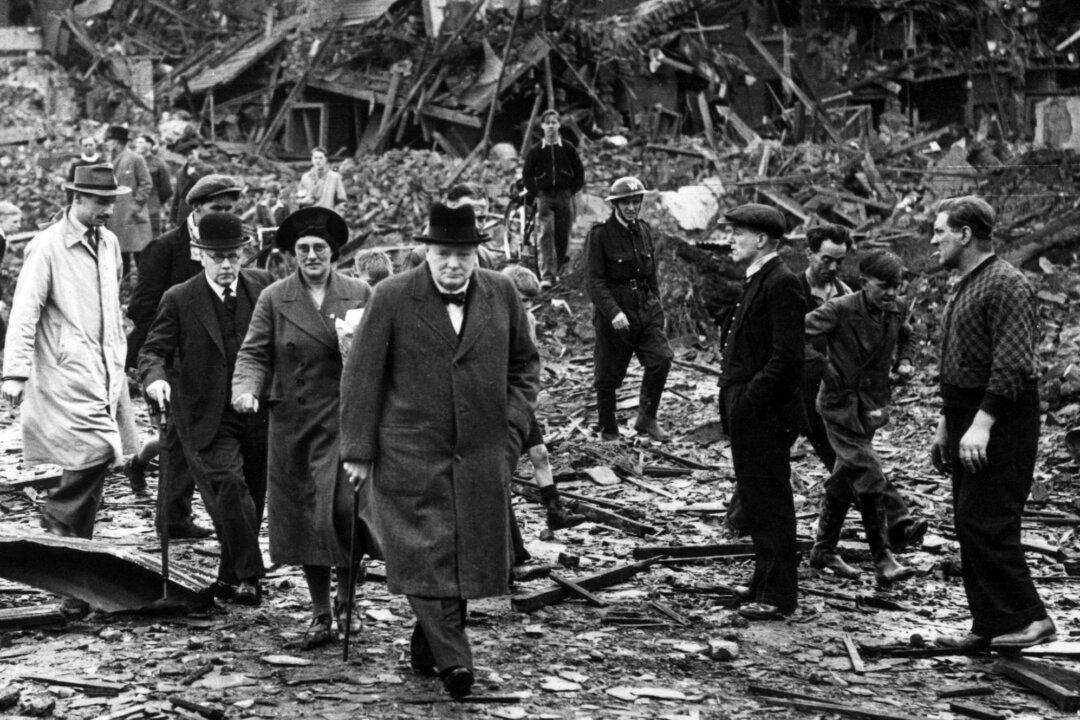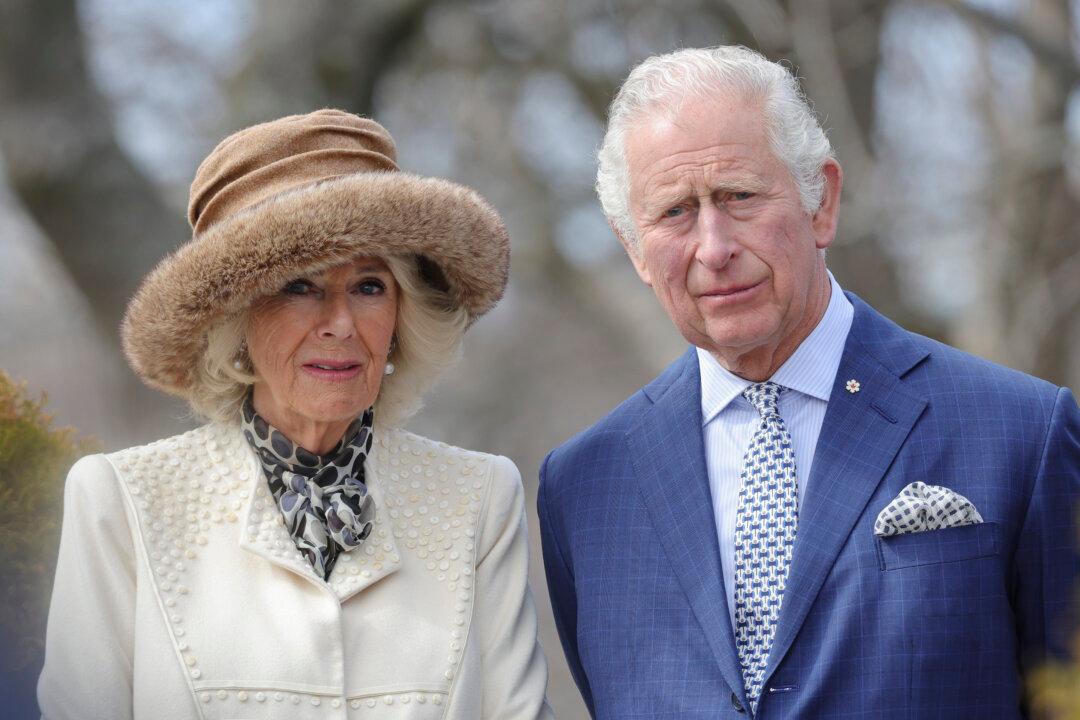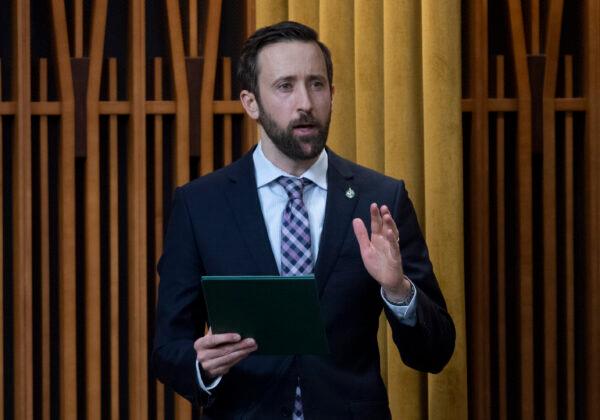Amid the attempts to revise Winston Churchill’s legacy and recast him as a monstrous figure, an organization in Calgary is forging ahead with a plan to erect a statue of Britain’s wartime prime minister in the city next year.
Churchill visited Alberta in 1929, and while Edmonton honoured him with a statue and a downtown square in his name, Calgary has no statue, and the Sir Winston Churchill Society of Calgary wants to change that.





